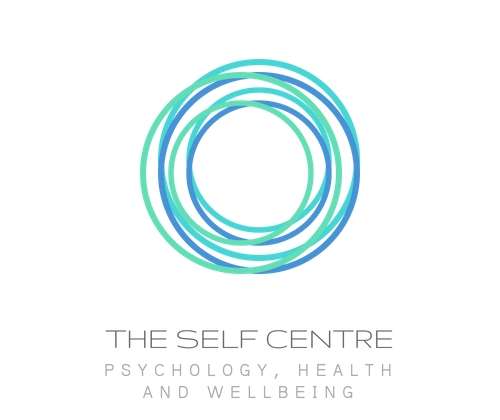
Anger
by Lyndsay Babcock
Psychologist & Director – The Self Centre
Do you ever find yourself thinking “I’m so angry and I don’t know why”?
There is a very good reason for that. Anger is one of our most primitive feelings. It exists to tell us that our boundaries have been violated, and that we need to take action. Anger fires us up, and gets us ready to defend ourselves when we inherently believe we’ve been mistreated.
According to the American Psychology Association “Anger can be caused by both external and internal events. You could be angry at a specific person (such as a co-worker or supervisor) or event (a traffic jam, a cancelled flight), or your anger could be caused by worrying or brooding about your personal problems. Memories of traumatic or enraging events can also trigger angry feelings.”
Anger gets a bad rap, because the feeling is so unpleasant, but also because it can result in aggressive or even worse, violent behaviour. The feeling itself isn’t bad, in fact, no feeling is ‘bad’ – they just are what they are. Feelings come and go, and the more we let them pass through, rather than try to change them, the less power they have over our lives.
Anger however is alerting us to something that needs attention, something that needs to change. It is a messenger if you will, telling us that perhaps we need to alter our boundaries, or something in our lives. If we react from a place of anger we can hurt and be hurt. However if we notice the feeling, attend to our needs and then consider what the message is that anger is trying to tell us, we can begin to align our actions to our values and live a more authentic life.
So, it’s very important that we first understand why we are angry and then secondly, we need to know what to do about it.
The feeling of anger can be like the tip of the emotion “iceberg”. Often there are many other feelings that underlie anger. They can be harder to express or even feel, so anger sometimes comes in to make us powerful when we feel vulnerable.
Next time you are angry ask yourself: “Is there another feeling beneath my anger that I need to attend to?”
So, what to do when you feel angry? According to the APA “The three main approaches [we use when we are angry] are expressing, suppressing, and calming”.
Expressing means learning how to be assertive with your communication rather than passive or aggressive. Being assertive means being respectful of yourself and those around you when you are expressing your needs or making requests.
Suppressing means holding in your anger or redirecting it, for example thinking about something positive instead. The aim of this method is to feel better or change the anger into something positive. However the danger is this type of response can become passive-aggressive, or hostile towards others or yourself. This type of anger response has a higher chance of leading to depression, aggression and physical illnesses.
Calming mean to actively work to calm your internal and external experience of anger – such as calming your heart rate, managing your breathing, going for a walk. Doing helpful things in order to give yourself time to let your feelings of anger subside naturally, and then deciding what needs to happen in order to better support yourself moving forward.
If you find yourself easily angered, you may have what psychologists call ‘low tolerance for frustration’. This can be the case for many reasons, and there are tools and skills that you can learn to help you develop more tolerance for frustration so that anger doesn’t dominate your life. If you want to learn how to better respond when you are angry, speak to your psychologist about it, we are here to support you.
